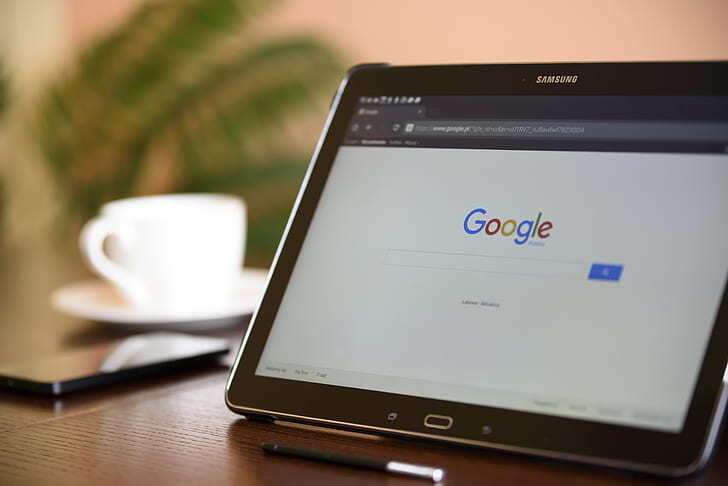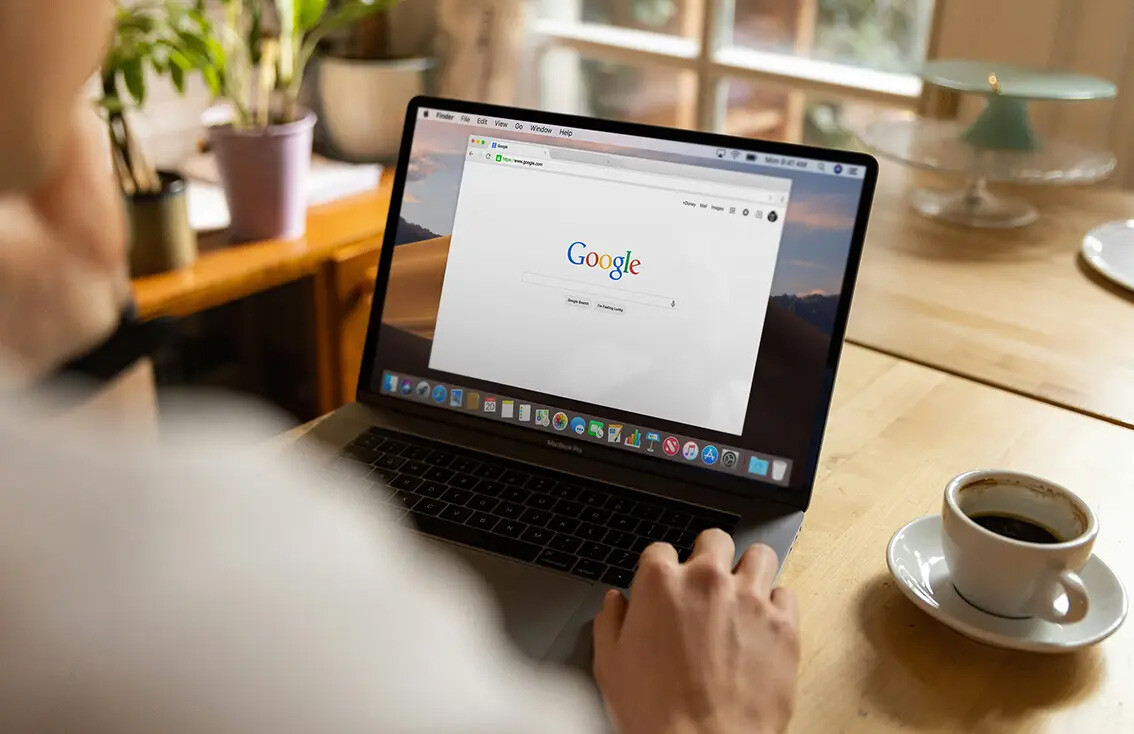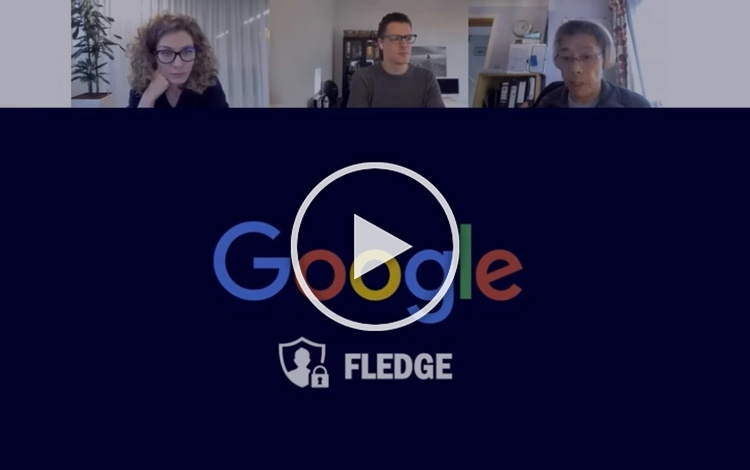Why Google Phasing out 3rd-Party Cookies is a Good Thing
by Anthony Botibol on 24.1.2020

Last week Google announced their plan to phase out support for third-party cookies in Chrome over the next two years and sent businesses and advertisers into a panic. If you ask us, though, there’s no need to fear. In fact, we think it’s a positive development for the internet.
Why Google’s third-party cookie announcement is a good thing
For starters, we should all be excited that the internet is becoming a more private and secure place. Here at Relay42, we’ve always preached responsible marketing because we believe in creating and nurturing a digital world that benefits everyone. And that’s why we created the Relay42 platform in the first place: to empower businesses to create meaningful customer relationships.
Meaningful relationships must be based on trust, and that’s why our platform operates with first-party data. We absolutely believe that brands should be using data to offer more seamless, more personalized experiences. But we don’t believe they should do it at the cost of privacy — ever. Luckily, more companies are adopting this mentality, and that’s why we’re seeing the beginning of the end of third-party cookies.
First-party data is far more valuable anyway. It’s rich in detail, it’s accurate (because it’s provided by the actual person), and it’s available exclusively to you — because the individual entrusted it to you.
So, does my company have to change anything?
That all depends on the way you’re currently working with data. If you’re buying large quantities of third-party data and basing your advertising strategy around that, then yes. You should think about changing your strategy to focus on collecting first-party data directly from your customers and target audience. You’ll also want to look at what kind of technology is best suited to help you unify, activate and orchestrate that data in the best possible way.
It’s important to note here that this third-party-cookie cancellation is a slow transition that will occur over two years. You don’t have to throw everything out the window and find a new system tomorrow. But now is the time to have a look at your strategy and ensure that you won’t be relying on third-party data in two years’ time. It’s a process, but one that will ultimately serve your customers — and your business — much better.
Are you already using Relay42?
Then you’re good to go. We’ve built the Relay42 platform to be a robust yet flexible identity management solution that doesn't require third-party cookies — or in many cases, any cookies at all. Our platform will evolve as the number of identifiers continues to increase and privacy laws continue to evolve — which they absolutely will.
With Relay42, any identifier can be the start of a customer profile. As these identifiers and their availability change over time — due to, say, changes in privacy laws, or the emergence of new channels and technologies — Relay42 users are able to adapt fast.
Main takeaways?
- Yes, third-party cookies are being phased out. No, it’s not a big deal.
- Why? Because it forces companies to leverage first-party data, which is richer, more accurate, and better for offering a truly personalized experience.
- Invest in flexible, future-forward technology that will ensure you’re always prepared.
In other words, keep calm and focus on first-party data.
You May Also Like
These Related Stories

Google Delays Third-Party Cookie Phase-Out: What Marketers Need to Know

What is Google's Protected Audience API and how will it impact programmatic advertising?


.png?width=786&height=265&name=Relay42%20Demo%20Banner%20(1).png)